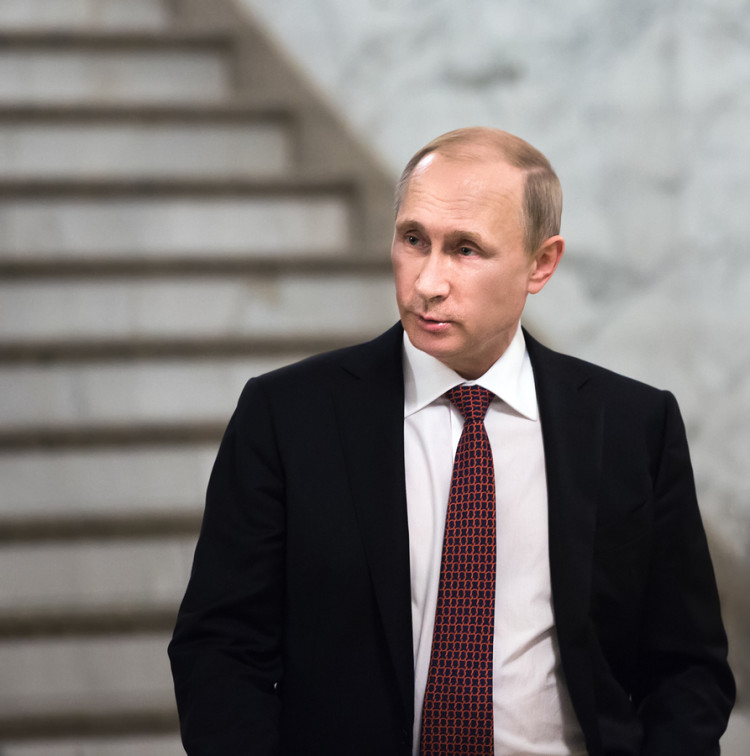Russia Gambles That Its Debt Is Too Popular for U.S. to Sanction

published Apr 15, 2018, 4:00:01 PM, by Evgenia Pismennaya and Ksenia Galouchko
(Bloomberg) —
The popularity of Russian bonds among foreign investors might seem to make them vulnerable if U.S. sanctions force a mass exodus. For the besieged nation’s debt chief, it’s Russia’s best insurance against any future penalties.
“Perhaps if our market were more isolated, the likelihood of sanctions on government debt would have been higher,” Konstantin Vyshkovsky, the head of the Finance Ministry’s debt department, said in an interview. “The latest events confirm it was correct to choose a plan several years ago to integrate the Russian market into the international one.”
For now, it’s a view largely shared by the U.S.
The Treasury Department has recommended not pursuing the so-called nuclear option of targeting sovereign securities because that would be too damaging to U.S. investors. Foreigners owned a record 34 percent of Russia’s outstanding ruble debt before a rout sent the bonds to their worst week in more than a year. Investors offloaded long positions on concern that the harshest U.S. sanctions to date leave all assets vulnerable.
The U.S. extended penalties on April 6 to include swathes of oligarchs and firms connected to the Russian state, barring investors from holding securities of such major public companies as United Co. Rusal. BlackRock Inc., Stone Harbor Investment Partners and JPMorgan Chase & Co. are the three biggest holders of ruble debt with investments totaling about $4.9 billion, according to data compiled by Bloomberg.
‘Anything Is Possible’
“Unfortunately, the geopolitical situation right now is such that anything is possible,” Vyshkovsky said. “We can’t exclude anything, but we saw the U.S. Treasury’s conclusions on Russian debt, which signal a low probability of the introduction of such sanctions.”
In the view of Deputy Prime Minister Arkady Dvorkovich, the U.S. is acting “irrationally” and Russia must indeed be ready for sanctions on its debt. Russian bonds already came under pressure after a bill proposed in Congress this month suggested banning transactions with the government’s debt. The market clawed back some losses after Treasury Secretary Steven Mnuchin said he remained opposed to such a move.
Although last week’s volatility was exacerbated by selling from foreign investors, the Finance Ministry doesn’t plan to take measures to limit international holdings, Vyshkovsky said.
“Our market is open and we are pleased to have such a diverse investor base,” he said.
Tighter Noose?
The U.S. Treasury’s report on the subject published in February concluded that expanding sanctions to new Russian sovereign debt and derivatives would destabilize markets and spread beyond Russia to have “negative spillover effects into global financial markets and businesses.”
For Richard Segal, senior analyst at Manulife Asset Management in London, the chances of U.S. sanctions on Russian debt are the same or even lower than before, especially after the volatility unleashed in recent days.
“The U.S. government has been indicating for some time that it doesn’t wish for this type of market intervention,” Segal said. “Russia’s reaction has been quite restrained and the hint of counter-sanctions has been subdued.”
To contact the reporters on this story: Ksenia Galouchko in Moscow at kgalouchko1@bloomberg.net ;Evgenia Pismennaya in Moscow at epismennaya@bloomberg.net To contact the editors responsible for this story: Celeste Perri at cperri@bloomberg.net Paul Abelsky, Alex Nicholson
COPYRIGHT
© 2018 Bloomberg L.P



No Comment